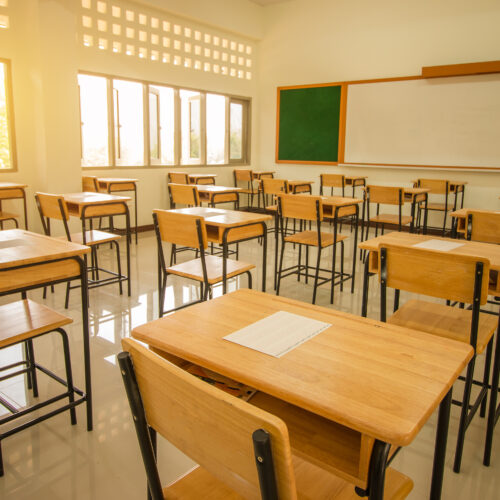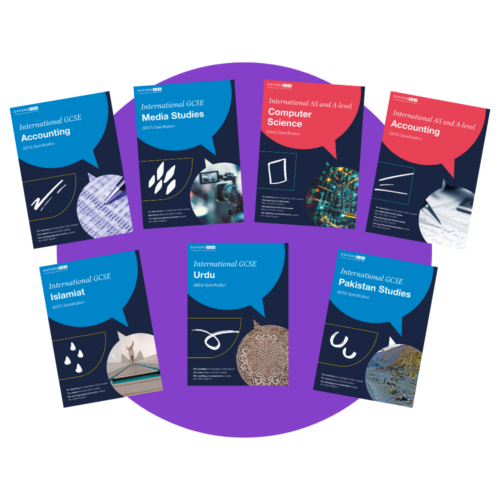
Statement regarding International GCSE English as a Second Language Speaking assessment.
We are aware of comments suggesting that students may have been discussing the photocards from the Speaking assessment of our International GCSE English as a Second Language with their peers.
We know that schools appreciate this section of the Speaking assessment as it gives students an accessible starting point before they move onto the general conversation section. We would like to reassure OxfordAQA schools, students and parents that we are confident about the validity of this assessment as a whole, for the following reasons:
Students’ rote-learning answers
Through our post exam-series analysis we have found that rote-learned responses don’t give students the opportunity to develop and extend their answers in response to additional prompts from the examiner. Although there is an image and initial questions on the photocard, the examiner will ask additional questions to invite students to further develop their answers. Therefore, students who rely on rote-learned responses may not perform at their best.
Students providing similar answers
Evidence of students within a cohort colluding and providing similar pre-prepared answers are picked up in our marking and treated as a malpractice issue. We therefore warn students not to do this as it could impact on their overall grade, including risking a total loss of marks in the exam.
Changes to the International GCSE ESL Speaking assessment – May/June 2026
We are making a change to the Speaking assessment that will come into effect in the May/June 2026 exam series:
- Students will still have 10 minutes with the photocard ahead of the assessment, to prepare and make notes.
- There will still be three set questions that the student will be asked in response to the photocard.
- However, in the assessment, students will be asked a further two questions that they will not have seen in advance.
This change is to encourage the kind of spontaneous response discussed above, giving students the best opportunity to demonstrate their ability.
You can find more information on how to conduct the Speaking assessment in our Speaking test guidance document.
Reporting irregularities and malpractice
Where specific allegations have been made, we will investigate this in line with our malpractice policy. Please note that failure to report malpractice is itself malpractice. If you have any concerns on this issue, please contact us at [email protected].



